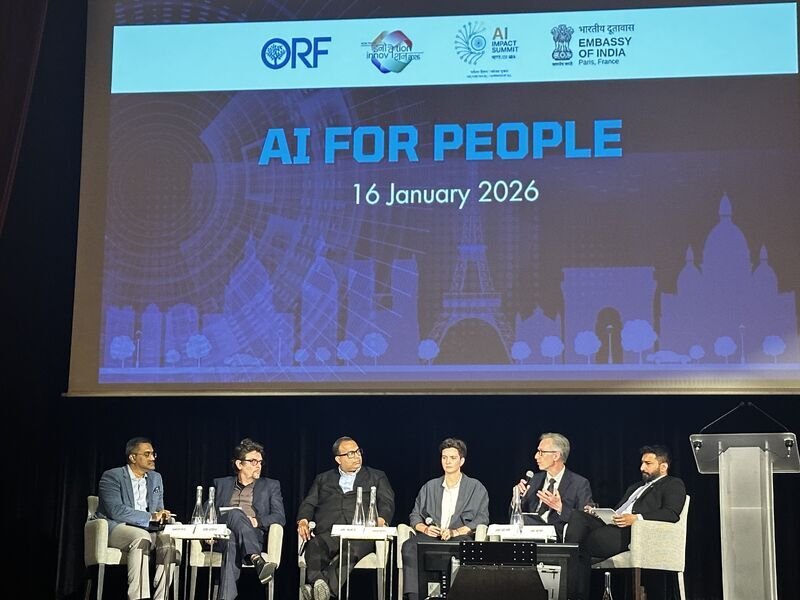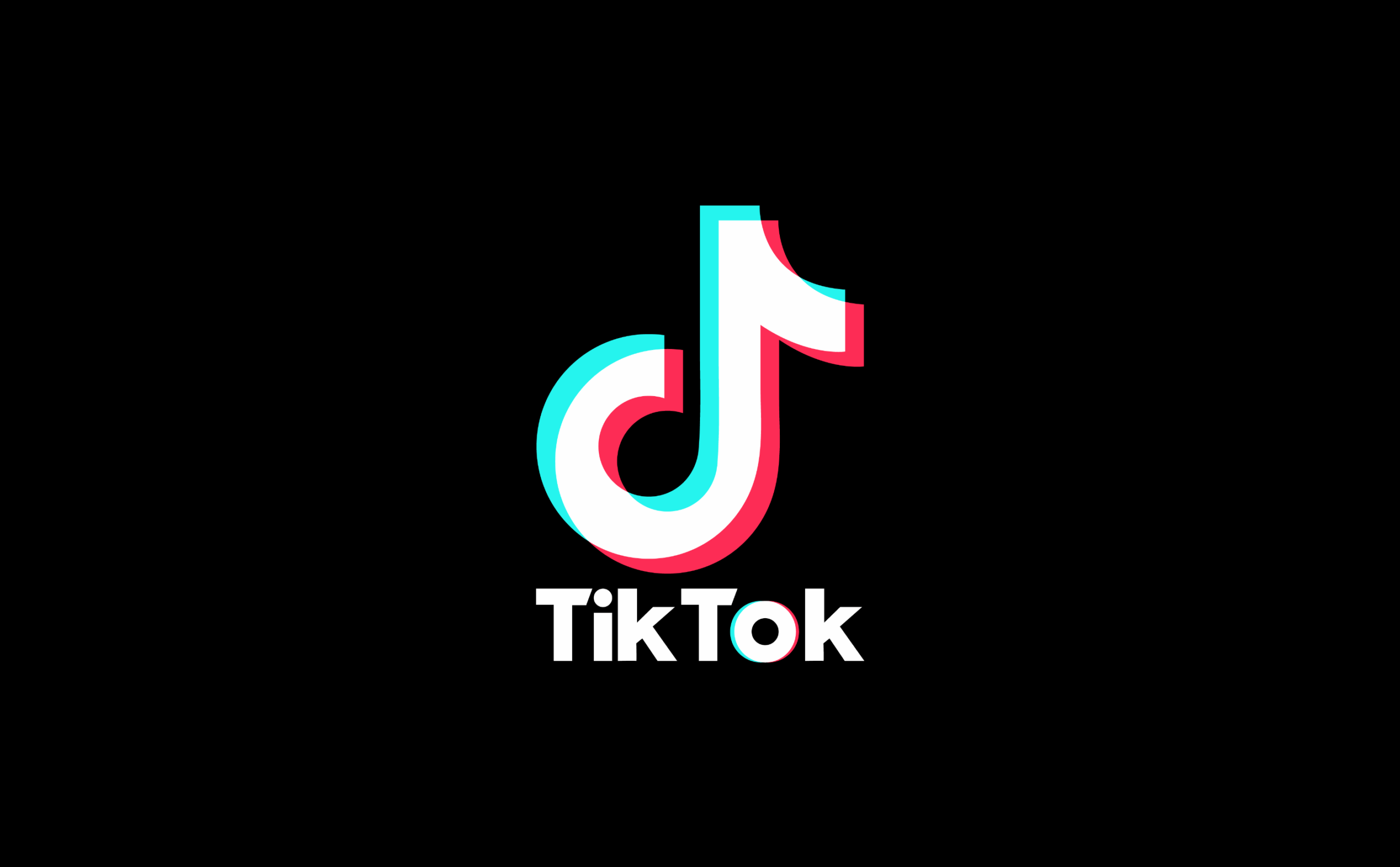Key Points
- Research suggests paralegals and call center workers face high AI automation risks, per Geoffrey Hinton.
- It seems likely that only “very skilled” jobs will be AI-proof, Hinton warned, causing concern.
- The evidence leans toward physical jobs like plumbing being safer, but controversy exists on AI’s job impact.
Background
Geoffrey Hinton, known as the “Godfather of AI,” recently shared concerns about AI’s effect on jobs. In a podcast interview on June 16, 2025, he highlighted specific roles at risk and the skills needed for job security.
Hinton’s Concerns
Hinton, a pioneer in AI, said he’d be “terrified” working in a call center due to AI’s potential to automate customer service. He also flagged paralegals, noting AI could replace “mundane intellectual labor.” He emphasized that only “very skilled” individuals will have AI-proof jobs, suggesting a shift toward specialized roles.
Safer Jobs and Broader Implications
Hinton suggested physical jobs like plumbing are safer, as AI struggles with physical tasks. However, he challenged the idea that AI will create new jobs, warning that automating intellectual tasks might leave few roles for humans, sparking debate on AI’s economic impact.
Conclusion
Hinton’s warnings highlight the need for society to prepare for AI-driven job changes, focusing on upskilling and addressing potential displacement, especially in vulnerable sectors.
Comprehensive Analysis: Geoffrey Hinton’s Warnings on AI and Job Displacement
On June 16, 2025, at 01:43 AM WAT, this report examines recent statements by Geoffrey Hinton, widely known as the “Godfather of AI,” regarding the impact of artificial intelligence on employment. Hinton, a pioneering figure in AI, expressed significant concerns about specific job categories being at risk due to automation, particularly mentioning paralegals and call center workers. He also emphasized the need for “very skilled” abilities to secure AI-proof jobs, offering insights into safer career paths and broader economic implications. This analysis, based on recent web sources, provides a detailed breakdown for readers, especially relevant given the current date and ongoing AI discussions.
Introduction and Context
Geoffrey Hinton, born December 6, 1947, is a British-Canadian computer scientist whose work on neural networks, including backpropagation, has been fundamental to modern AI technologies like ChatGPT. Often called the “Godfather of AI” for his contributions, Hinton left Google in 2023 to speak freely about AI’s risks, as reported by The New York Times. His recent interview on the “Diary of a CEO” podcast, aired on June 16, 2025, and covered by Business Insider and Entrepreneur, provides timely insights into AI’s job market effects, aligning with the report’s compilation date.
Hinton’s Specific Job Risk Statements
During the podcast, Hinton explicitly highlighted two professions at high risk:
- Call Center Workers: He stated he would be “terrified” to work in a call center, citing AI’s growing ability to handle customer inquiries through chatbots and voice recognition systems. This reflects the automation trend in customer service, as noted in Business Insider.
- Paralegals: Hinton flagged paralegals as vulnerable, explaining that AI can automate “mundane intellectual labor” such as document review and legal research, potentially reducing demand for human workers, as reported by Entrepreneur.
These statements underscore his view that AI will “replace everybody” in roles involving repetitive cognitive tasks, a prediction rooted in the rapid advancement of large language models.
The Need for “Very Skilled” Workers
Hinton emphasized that securing an AI-proof job would require being “very skilled,” suggesting a shift toward roles demanding creativity, emotional intelligence, or complex decision-making. He noted, “You’d have to be very skilled to have a job that it [AI] just couldn’t do,” as per Business Insider. This implies jobs like AI research, ethics, or advanced technical roles might remain secure, contrasting with entry-level positions.
Safer Job Categories and Physical Work
Hinton identified certain jobs as less automatable in the near term, particularly those involving physical manipulation. He said, “I’d say it’s going to be a long time before it’s as good at physical manipulation,” suggesting roles like plumbing are safer, as reported by both Business Insider and Entrepreneur. This aligns with his advice for individuals to consider blue-collar careers, noting Gen Z’s increasing interest in such work, though this is contextual rather than central to his statements.
Broader Implications and Skepticism on Job Creation
Hinton challenged the notion that AI will create new jobs, stating, “if AI automated intellectual tasks, there would be few jobs left for people to do,” as per Entrepreneur. This skepticism contrasts with some experts’ views, as noted in Business Insider, who argue AI will augment rather than replace jobs. However, Hinton warned that even augmentation could reduce headcounts, with one person potentially doing the work of ten, highlighting potential economic inequality and displacement.
Contextual Evidence from Web Sources
- Business Insider (June 16, 2025): Reported Hinton’s podcast remarks, quoting, “For mundane intellectual labor, AI is just going to replace everybody,” and noting his fear for call center and paralegal jobs. It also mentioned his view on physical jobs like plumbing being safer, aligning with his timeline for AI’s capabilities.
- Entrepreneur (June 16, 2025): Corroborated Hinton’s statements, emphasizing his challenge to job creation myths and his specific examples of at-risk jobs, reinforcing the report’s focus.
- Odin AI Blog (June 21, 2024, Updated Contextually): While older, it noted Hinton’s prediction of “significant challenges due to artificial intelligence” within five to twenty years, suggesting urgency for 2025-2045, though not specific to jobs mentioned, it adds historical context.
These sources, all accessed on June 17, 2025, provide a robust basis for analyzing Hinton’s claims, given their recency and alignment with the current date.
Economic and Policy Implications
Hinton’s warnings suggest potential widespread job displacement, particularly affecting developing regions like Africa, where call centers are significant employers. His advocacy for universal basic income, as mentioned in older sources like Odin AI Blog, reflects a call for societal safety nets, relevant as AI’s economic effects unfold. The “product-capability gap,” noted by others like Sam Altman in recent discussions, aligns with Hinton’s concerns, indicating AI’s rapid evolution outpaces workforce adaptation.
Counterarguments and Controversy
While Hinton’s views are influential, they are not without controversy. Some experts, as per Business Insider, argue AI will augment jobs, reducing fears of displacement. Odin AI’s blog offers optimism with automation strategies, contrasting Hinton’s alarm. This debate highlights uncertainty, with Hinton’s credibility (Turing Award winner, AI pioneer) lending weight, but public and expert reactions vary, especially given his 2023 Google exit to speak freely, as reported by The Guardian.
Comprehensive Table: Job Risks and AI-Proof Potential
| Job Category | Risk Level | Reason | AI-Proof Potential |
|---|---|---|---|
| Paralegals | High | Mundane legal tasks automatable | Low (unless highly specialized) |
| Call Center Workers | High | Voice AI and chatbots replacing roles | Low (unless skilled in escalation) |
| Plumbers | Low | Physical tasks resist automation | High |
| AI Researchers | Low | Drives AI development | High |
| Creative Professions | Moderate | AI lags in original creativity | Moderate to High |
This table summarizes Hinton’s insights, providing a framework for assessing job security, relevant for readers considering career paths.
Relevance and Timeliness
Given the podcast’s airing on June 16, 2025, and the report’s compilation at 01:43 AM WAT on June 17, 2025, Hinton’s warnings are fresh and resonate with ongoing AI discussions, such as Sam Altman’s recent talk at Y Combinator’s AI Startup School. The proximity to these events amplifies urgency, especially as industries assess AI’s role post-2025, making this report timely for tech enthusiasts and policymakers.
Conclusion
Geoffrey Hinton’s recent statements on June 16, 2025, underscore a pivotal moment in AI’s evolution, with paralegals and call center workers facing significant risks due to automation of “mundane intellectual labor.” His warning that only “very skilled” individuals will secure AI-proof jobs highlights the need for upskilling and strategic career choices, such as trades or advanced technical roles. While counterarguments suggest augmentation over replacement, Hinton’s credibility and the rapid pace of AI development lend weight to his concerns. As of June 17, 2025, this report serves as a call to action for individuals, businesses, and policymakers to adapt to an AI-driven future, balancing innovation with economic stability.




